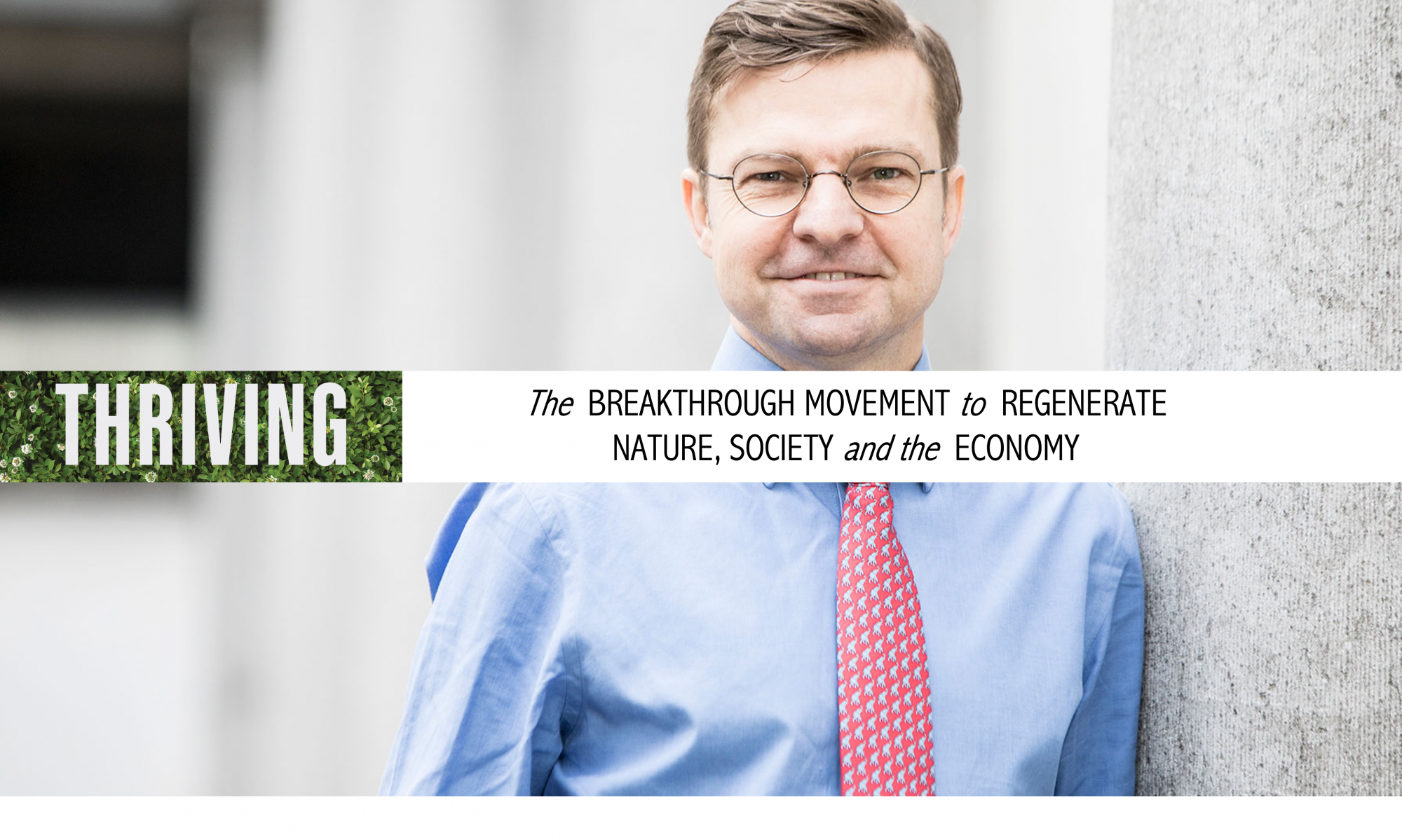Practising social responsibility without the CSR label
Article by Wayne Visser
An International Sustainable Business column for The Guardian
Mexico’s small and medium sized enterprises account for more than 99% of the four million businesses in the country, generate 52% of GDP and provide 72% of employment. The government’s business accelerator programme supports these SMEs by funding institutions that can help the sector grow by improving competitiveness, business opportunities and market scalability.
One such business accelerator is the IDEARSE Center at Anahuac University in Mexico City. The centre’s business model for SME acceleration is built around CSR, incorporating environmental impacts, human rights, self-regulation, social impacts and community involvement and stakeholder engagement.
More remarkable still is that, by working with the supply chains of big brands such as Sony, Coca-Cola and Cemex and having trained more than 150 SMEs since 2007, the SMEs achieved sales growth of between 5% and 37% and jobs growth of between 5% and 19%. At the same time SME performance across all six CSR areas has improved between 23% and 46%. These numbers debunk several popular myths, most notably that CSR is not relevant, too expensive or not incentivised for SMEs. Let’s look more closely at these myths.
Is CSR relevant for SMEs?
The issue of relevance largely hinges on whether you adopt a very literal and narrow interpretation of CSR. Laura Spence, director of the Royal Holloway, University of London’s Centre for Research into Sustainability, says that the terminology of CSR is both inaccurate (as small firms are unlikely to be corporations) and off-putting jargon for SMEs.
“Also since CSR practice is often associated with reporting, SMEs don’t stand a chance. They are unlikely to have external financial reports, let alone the time resources or need to produce a glossy CSR report,” says Spence.
So first, we need to get the labels and definitions right. The IDEARSE centre, for example, describes CSR as “a permanent and continuous commitment, voluntarily adopted by the business, to respond to the economic, social and environmental impacts of its activities, and to guarantee the sustainable and human development to all its stakeholders.” No doubt, it helps that CSR in Spanish (responsabilidad social empresarial or RSE) translates more accurately as socially responsible ‘enterprise’.
Explicit or implicit CSR?
The second issue – whether CSR is too costly – is a real concern, but once again, it depends what we mean by CSR. Work by CSR academics Dirk Matten and Jeremy Moon distinguish between explicit and implicit CSR. Explicit CSR refers to many of the formalised practices we associate with large corporates, such as CSR codes, standards, managers, systems, reports and audits. These are resource intensive and mostly not feasible for SMEs …
Continue reading
[button size=”small” color=”blue” style=”download” new_window=”false” link=”http://www.waynevisser.com/wp-content/uploads/2012/09/article_mexico_wvisser.pdf”]Pdf[/button] Practising Social Responsibility Without the CSR Label (article)
Related websites
[button size=”small” color=”blue” style=”tick” new_window=”false” link=”http://www.waynevisser.com/books/the-quest-for-sustainable-business”]Link[/button] The Quest for Sustainable Business (book)
[button size=”small” color=”blue” style=”tick” new_window=”false” link=”http://www.csrinternational.org”]Link[/button] CSR International (website)
Cite this article
Visser, W. (2012) Practising Social Responsibility Without the CSR Label, The Guardian, 12 September 2012.


